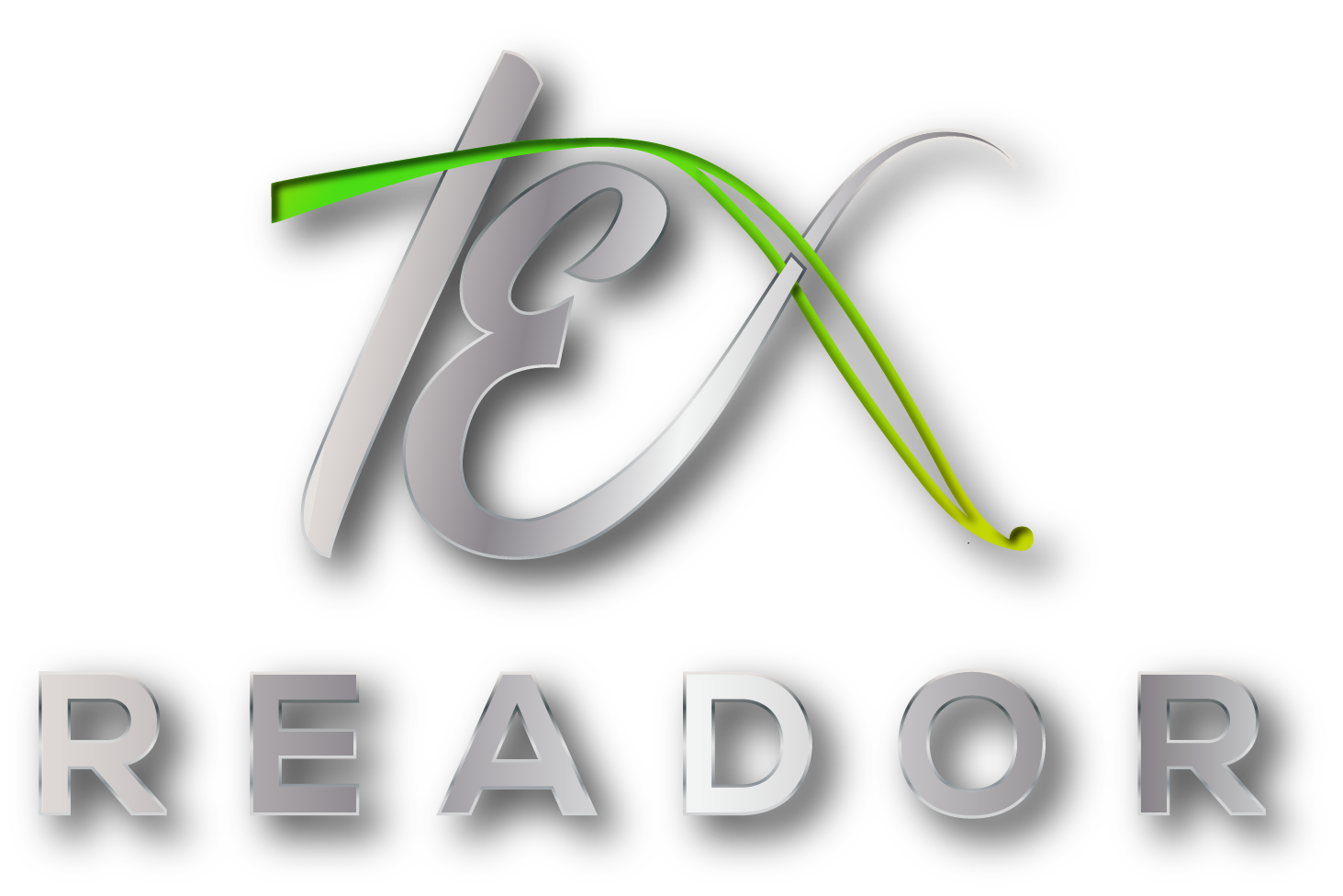The Vietnam-EU Free Trade Agreement (EVFTA) has increased Vietnam's exports to Europe from 35 billion euros in 2019 to more than 48 billion euros in 2023.
Speaking at a seminar on "The potential of exporting Official products to the European Market" organized by the Ministry of Industry and Trade on November 18, Mr. Dinh Sy Minh Lang, representative of the European and American Markets Department, said that after four years of EVFTA since August 2020, the EU has now become Vietnam's main trading partner.
Exports of goods are expected to exceed $200 billion in four years, an increase of 12 to 15 percent.
Vietnam has strong exports of products to the EU, including mechanical and electrical equipment, footwear, equipment, machinery, clothing and accessories, steel, coffee, tea, spices...
According to a survey by the European Chamber of Commerce in Vietnam (EuroCham), EVFTA has significantly boosted Vietnam's exports to Europe, soaring from 35 billion euros in 2019 to more than 48 billion euros in 2023. The growth is evident in areas where tariffs will be affected. After the EVFTA enters into force, it will be reduced in accordance with the road map.
According to Mr Lang, official exports are more complicated because it requires more documentation and is higher due to many taxes and fees. However, goods are subject to strict control and quality assurance, thus helping to improve the reputation of Vietnamese businesses and goods.
In particular, when participating in official quotas, companies have access to many large markets, especially difficult ones. At the same time, strong support from the state in terms of policy and funding is conducive to the sustainable development of enterprises and the economy.
In addition, Mr. Hung, a senior economic expert and former head of the Support Group of the International Steering Committee for National Integration, expressed concern that the recent adjustments and regulations issued by the EU have, are and will affect Vietnam's exports.
For example, on May 13, 2024, the European Union issued new regulations on the import of goods from abroad. As a result, from June 3, 2024, all businesses involved in exporting goods from Vietnam to the EU are required to declare data before the goods reach the Import Goods Control System (ICS2).
It is important to note that all shipments passing through any EU country must comply with the ICS2 system, even if the final destination is outside the EU. For example, goods from Asia to the UK need to pass through EU member states.
Sea, inland water, road and rail carriers are also required to provide data on goods sent to or passing through the EU prior to arrival.
"If traders are not prepared and do not provide data as requested by ICS2, their goods will be stopped at EU borders and will not be cleared by customs authorities," Mr Lang warned.
If Vietnamese businesses do not understand these regulations, they may suffer serious consequences, such as: containers and goods will be stopped at EU borders; The goods will not be cleared by EU customs; Or the declaration is incomplete or rejected, or embargoed for non-compliance with EU regulations.
Products affected by the regulation include cocoa, coffee, palm oil, rubber, soybeans, wood and many related products. Companies introducing these products to the EU and Northern European markets must prove that the products do not come from recently deforested land or cause forest degradation.
In addition, one of the most concerning new issues for goods exported to the EU at the moment is the Carbon Border Adjustment Mechanism (CBAM), which the EU is piloting as of October 1, 2024, with full implementation in 2026. The European Union is implementing a plan to achieve the goal of becoming a carbon-neutral continent by 2050.
In order to boost exports to the EU, Mr. Lang advised businesses to choose official routes with clear legitimacy, low risk and access to many large markets to enhance the reputation of businesses and Vietnamese goods.
In addition, companies need to research and determine the target market, market standards and regulations, and then develop specific plans. Select the standard suitable for the product and target market (ISO 9001, HACCP...) Then establish a quality management system, train staff and improve technology.
Follow us for more info. wedding & event linen suppliers wholesale Readortex, official website and B2B online store

